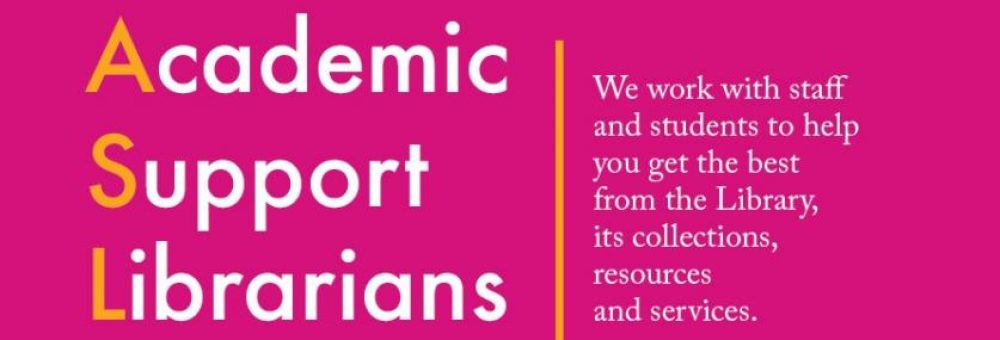
We’re very excited to let you know that from this year onwards all students at Undergraduate and Postgraduate level will automatically be enrolled in our LibSmart online information literacy course! If you’ve not encountered LibSmart before, it’s a great way to get to grips with finding and using information available to you via the Library. It’s asychronous which means you can dip in and out whenever suits you across the year, and we tend to find people use it either at the start of term when they need to start looking reading material up, or right before they start research for their assignments.
LibSmart I is our foundation level course, helping students get a good baseline in using our library catalogue, searching for reading materials for courses, and understanding the best places to go for help. We also talk about referencing and plagiarism, something students will need to understand at every level of university life.
LibSmart II is a bit more specialised – it takes a subject-specific look at different topics that people find tricky to work with, such as systematic reviews, data mindfulness and digital news sources. We walk you through different types of resource and processes for working with this information, and hopefully leave you feeling confident of where to start with your assignment or research project. We recommend you complete LibSmart I first, but if you’re feeling confident and ready to dive in to LibSmart II then you’re welcome to start wherever you like!
And if the achievement of completing a module alone doesn’t bring you joy, we also award you some lovely digital badges for each module you complete. You can save them and use them as evidence of the self-directed learning you’ve completed via LibSmart – something that could look very attractive to future employers!

Earn digital badges for every module you complete in LibSmart I and II.
To access LibSmart, simply follow these steps:
- Visit www.learn.ed.ac.uk
- Log in using your UUN (normal university username and password)
- On the left hand navigation, select ‘Organisations’
- Locate LibSmart I: Your Library Research Starts Here (2023/24) from the list, or LibSmart II: Advance your Library Research (2023/24).
- Click into the course and start working your way through!
If you would like some further information on LibSmart you can find out more on our LibSmart webpage which includes information about the modules available and a look at what previous students have found most useful about the course. Of course if you have any questions please leave us a comment or email us.





